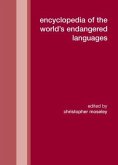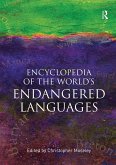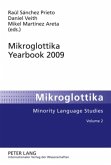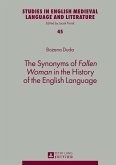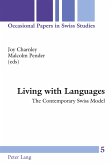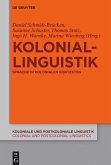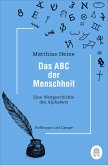Many of the world's 7000 documented language groups are endangered due to falling rates of language and culture transmission from one generation to the next. Some endangered language groups have been the focus of efforts to reverse patterns of linguistic and cultural loss, with variable success. This book presents case studies of endangered language groups from Africa, the Americas, Asia, Europe and the Pacific (including Bisu, Iban, Iquito, Quechua, Wawa, Yi and sign languages) and of their associated knowledge and belief systems, to highlight the importance of preserving linguistic and cultural diversity. Issues of identity and pride emerge within the book, alongside discussion of language and culture policy.
Bitte wählen Sie Ihr Anliegen aus.
Rechnungen
Retourenschein anfordern
Bestellstatus
Storno



